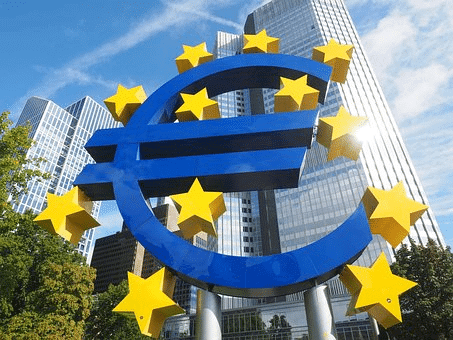Eurostat said on Tuesday that Eurozone GDP grew by 0.1 percent in the last quarter. In comparison, economists predicted that the economy would shrink by 0.1 percent. The economy in Germany and Italy weakened. However, France and Spain both experienced growth. Furthermore, data from the Republic of Ireland was better than expected.
The growth shows the euro zone’s resilience after overcoming the risk of fuel shortages. However, since economists predict a decline in the economy in the first quarter of the current year, the risk of a recession remains.
The monetary union, which was expanded to 20 countries this year after the accession of Croatia, is struggling with record price increases caused by rising energy costs due to the war in Ukraine. A mild winter has stabilized energy markets. However, European governments have prepared billions of euros in aid for businesses and households.
The continued decline in household spending power means the eurozone economy could weaken in the first quarter of this year, analysts estimate. The decline is likely to be shallow, as energy costs have eased and the economy is doing better than expected, so the European Central Bank (ECB) may remain focused on fighting inflation.
Some performances are good
A better-than-expected performance will likely solidify the ECB’s path to raising interest rates. ECB officials see inflation as a bigger threat to the EU than what they see as a mild economic slowdown. The ECB should pay special attention to suppressing core inflation.
The Italian economy dropped by 0.1 percent in the fourth quarter of last year, according to data from the national statistics institute Istat. The long-term outlook is better, with the Bank of Italy raising its economic growth forecast for 2023 to 0.6 percent from 0.4 percent this month.











